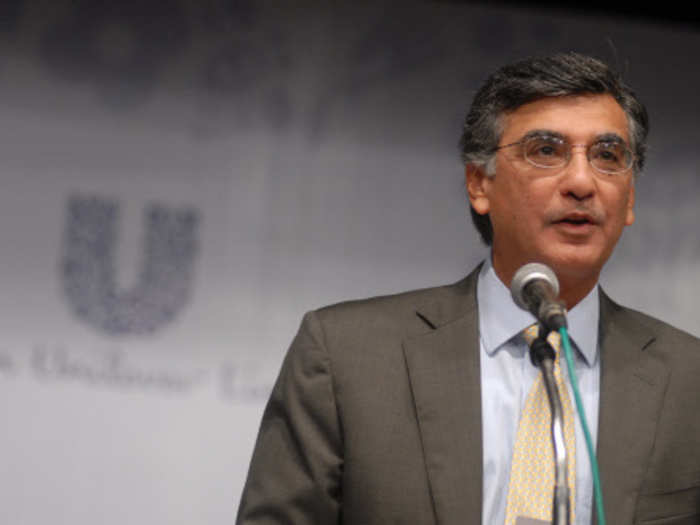- Home
- slideshows
- Best sustainability practices in Mahindra, Havells, ITC, Nestle, Hero, Ambuja and other top brands
Best sustainability practices in Mahindra, Havells, ITC, Nestle, Hero, Ambuja and other top brands
Bharti Infratel

Havells

Havells, one of India’s largest electrical equipment companies ranked number 7 on Dow Jones Sustainability Index 2018.
“In FY19 we generated 4.5 GWh of rooftop solar power including 0.6 GWh generated from the newly installed rooftop solar facility at Alwar,” said Havells which reduced its total energy consumption by 7% in four years.
Lemon Tree

Lemon Tree, a popular hotel chain in India, invested in Solar Photovoltaic systems at their properties. They also invested in heat recovery ventilation and heat recovery wheel systems.
Ashok Leyland

Ashok Leyland, the second largest commercial vehicle manufacturer in India, installed a 70 MW captive solar power project in Tamil Nadu.
Mahindra Group

Mahindra Group of companies is looking to be carbon neutral by 2040. It claims to have many solar projects under execution.
Hero Group

Hero reduced its water consumption by 7%. They also achieved 82% waste neutrality and improved their solar footprint by 24%. Like Mahindra, they also aim to become carbon neutral by 2040.
Titan

Titan Jewellery company sources 38% of their energy needs from renewables. They have also partnered with wind farms and aim to reduce energy consumption by nearly 83%.
Asian Paints

Asian Paints has been building rainwater harvesting structures near its manufacturing facilities.
“We are able to replenish 544m litres of rainwater near factory locations, whereas freshwater consumption in factories was around 555 m litres,” the company said.
Godrej Consumer Products

Godrej has set five environmental sustainability goals for FY20. They include becoming carbon neutral, water positivite, no-waste-to-landfill, reduce specific energy consumption by 30%; and use renewable energy for a quarter of its energy requirements.
Hindustan Unilever

HUL converted approximately 15,000 tonnes of plastic waste into electricity in FY19. They also increased the share of renewables at their manufacturing units to 43%. They also plan to source 100% of its energy across its operations from renewables by 2030.
ITC

As much as 55% of ITC’s energy needs are met by renewable sources.
Nestle

For every tonne produced, the company reduced energy consumption by 43%, water consumption by 53% and produced 55% less greenhouse gas between 2003 and 2018. Their water waste per tonne reduced by 49%.
Ambuja

Ambuja processed about 69,000 tonnes of plastic waste from the market. It also used about 8 million tonnes of waste-derived raw materials and fuels such as fly ash and biomass.
Popular Right Now
Popular Keywords
Advertisement